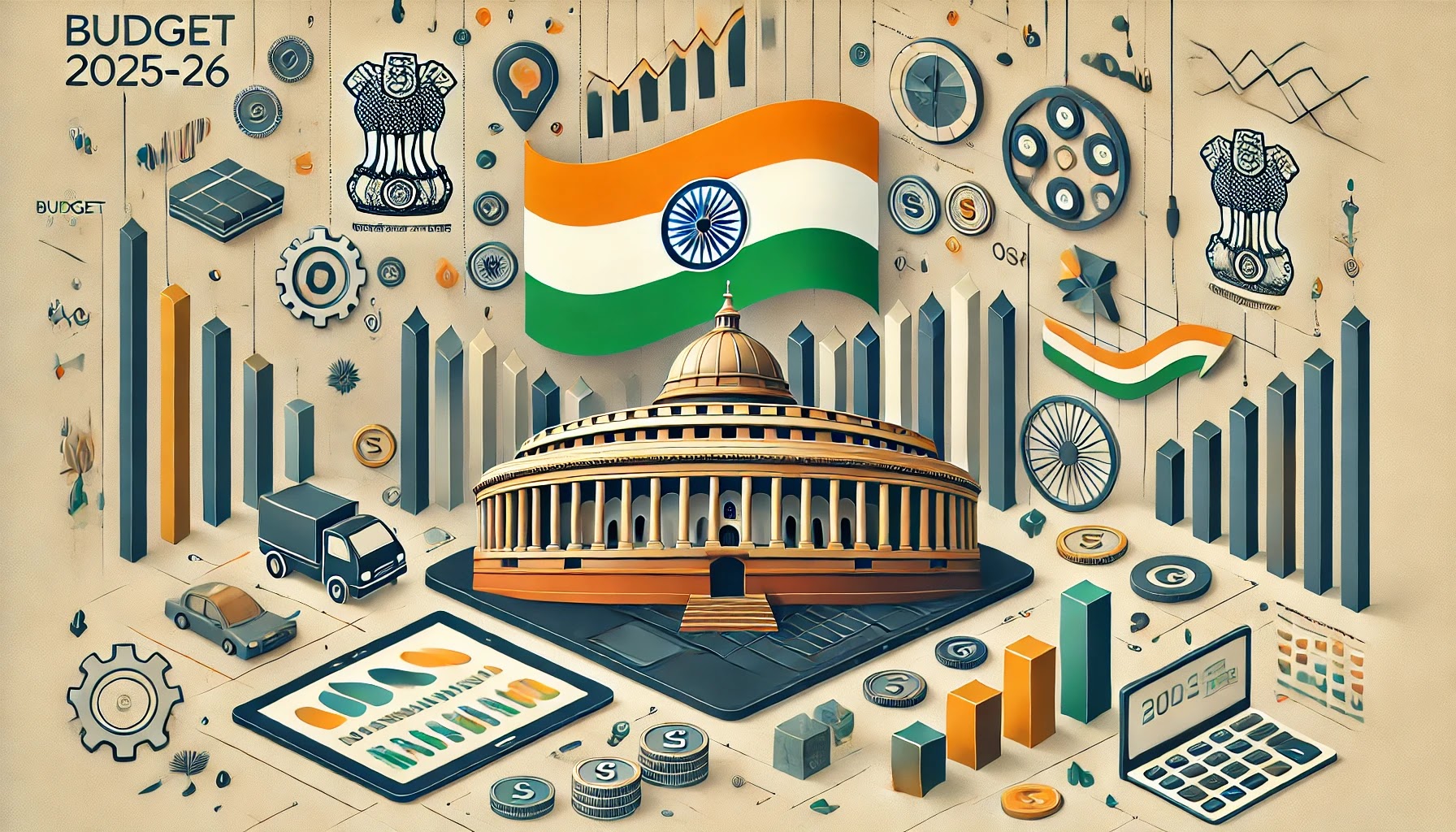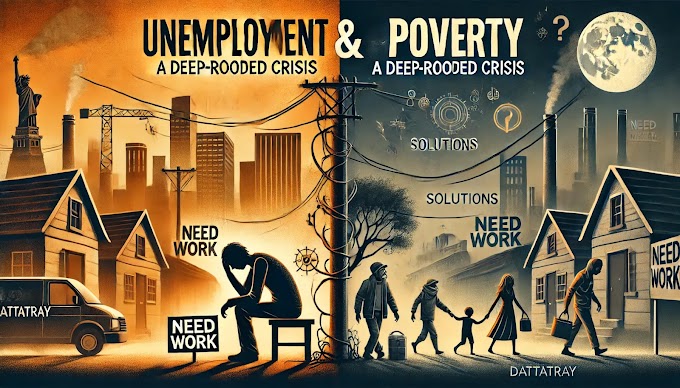The Impact of Social Media on Society: Pros, Cons, and the Way Forward
Introduction:
In the digital age, social media has emerged as a powerful force shaping the way we communicate, connect, and consume information. With billions of users worldwide, platforms such as Facebook, Twitter, Instagram, and YouTube have transformed the social landscape. This article examines the impact of social media on society, exploring its positive aspects, negative consequences, and the path towards a healthier digital environment.
The Positive Effects of Social Media:
Social media has revolutionized communication by bridging geographical distances and connecting people from different corners of the world. It enables instant sharing of ideas, experiences, and information, fostering global conversations. Moreover, social media has played a significant role in promoting social causes and raising awareness about issues ranging from climate change to human rights. It has provided a platform for marginalized voices, empowering individuals and communities who previously struggled to be heard.
Social media has also facilitated entrepreneurial opportunities, allowing individuals to showcase their talents, products, and services to a global audience. Influencers and content creators have leveraged social media platforms to build successful careers and monetize their content. Furthermore, social media serves as a valuable tool for networking, enabling professionals to connect, collaborate, and explore job opportunities.
The Negative Effects of Social Media:
While social media brings numerous benefits, it also has its share of negative consequences. One significant concern is the rise of cyberbullying and online harassment. The anonymity and distance provided by social media can embolden individuals to engage in hurtful behavior, leading to emotional distress and even tragic consequences. Additionally, the constant exposure to carefully curated and idealized versions of others' lives on social media can contribute to feelings of inadequacy, anxiety, and low self-esteem.
The spread of misinformation and fake news is another alarming issue associated with social media. The rapid sharing of content without proper fact-checking has resulted in the dissemination of false information, leading to confusion and societal division. Furthermore, the addictive nature of social media, with its endless scroll and notification-driven design, can negatively impact productivity, mental well-being, and real-life relationships.
Ethical Concerns and Privacy Issues:
Social media platforms have faced criticism regarding ethical concerns and privacy issues. The collection and utilization of user data for targeted advertising and personalization raise questions about consent and the protection of individuals' privacy. The monetization of personal information has raised concerns about the influence of corporate interests and the potential manipulation of user behavior.
The Way Forward: Balancing the Benefits and Challenges:
To address the challenges posed by social media, a collective effort is required. First, media literacy and critical thinking skills should be promoted to help individuals navigate the digital landscape responsibly. Educating users about recognizing misinformation, understanding algorithms, and practicing online etiquette can empower them to make informed choices.
Social media platforms themselves need to take greater responsibility in combating cyberbullying, hate speech, and the spread of fake news. Implementing stricter community guidelines, robust content moderation, and improved reporting systems can create safer online environments. Transparent data policies and privacy controls should be prioritized, ensuring that users have agency over their personal information.
Policymakers should enact comprehensive regulations to protect user privacy and curb the spread of harmful content. Collaboration between governments, tech companies, and civil society is crucial to strike a balance between innovation and accountability. Additionally, fostering research and development of new technologies that prioritize user well-being and digital ethics can shape a more sustainable social media landscape.
Conclusion:
Social media has undeniably transformed the way we interact, share information, and engage with the world. It has connected people across borders, amplified voices, and created economic opportunities. However, it also presents challenges such as cyberbullying, misinformation, and privacy concerns. By embracing media literacy, promoting responsible platform practices, and implementing effective regulations, we can harness the positive potential of social media while mitigating its negative impact. Ultimately, a collective effort is needed to shape a digital environment that prioritizes the well-being, safety, and inclusivity of all users.
Thanks for reading :)
. . .
Stay Motivated :
.png)






.png)



.png)


0 Comments